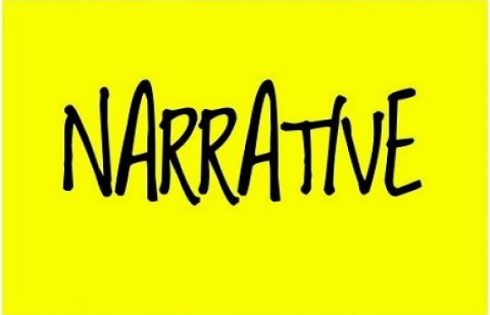Higher education has a great many problems these days, and it’s tempting sometimes to write it off completely—or else just criticize it relentlessly for its many significant faults.
But we should resist both impulses, one author writes—instead, we should look to save higher education from itself.
“America needs its intellectuals, and it will require nothing less than a robust, revitalized university system to create them,” Auguste Meyrat argues at The Federalist.
 Pointing out that more than thirty percent of American adults hold higher education degrees today, Meyrat notes: “As a matter of demographics, it simply will not do to blithely dismiss their education and the debt they have incurred. Rather, all members of society should try to help these students by finding ways to lower the tuition and raise the quality of their college education.”
Pointing out that more than thirty percent of American adults hold higher education degrees today, Meyrat notes: “As a matter of demographics, it simply will not do to blithely dismiss their education and the debt they have incurred. Rather, all members of society should try to help these students by finding ways to lower the tuition and raise the quality of their college education.”
“The typical college graduate must not only worry about paying off her school debt, but must also endure the stereotypes of being pretentious, brainwashed, ignorant, incompetent, and entitled,” Meyrat writes. But these stereotypes don’t usually reflect reality, he argues: “[T]he majority of college students learn to adopt a self-deprecating, unassuming manner and usually strive to avoid controversy.”
One of higher education’s main issues, Meyrat argues, is what he calls “the effectiveness problem:”
College students learn less than they should and often graduate without mastering basic academic skills like reading and writing, let alone work-specific skills like programming and accounting.
It’s worth noting that the students implicated in the recent college admissions scandal seemed to do well despite their comparative lack of aptitude. For what students pay, college should offer more rigorous instruction, but instead offers more recreation and bureaucracy.
Again, this situation arises from an excessive reverence for college. Just as parents and employers believe in college automatically making a young person competent and respectable, they also believe college will automatically make them smart. None of them demand accountability for college degrees even though they do this for everything else, including all prior schooling.
The only group that may evaluate college learning is the students themselves, and it’s not difficult to see what they might want: something fun and easy. Furthermore, college professors have no incentive to make their classes harder. Such professors could never prove that they demanded more (except perhaps through negative student evaluations), and they would receive no additional compensation if they could.
One way to solve this problem, Meyrat writes: Standardized testing. “If students have to prove their ability through their SAT performance, GPA, and various personal essays before entering college, they should do the same when they leave college to prove that they learned something.”
IMAGE: Robert Kneschke / Shutterstock.com
Like The College Fix on Facebook / Follow us on Twitter




Add to the Discussion